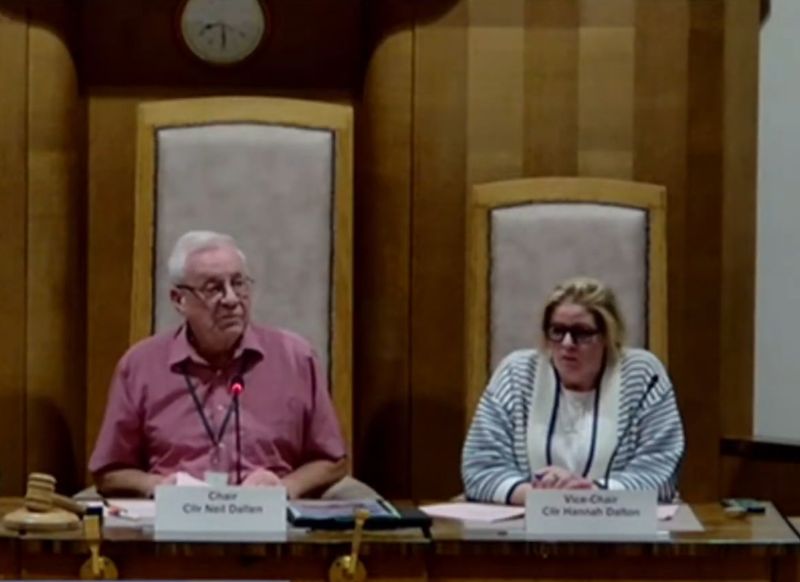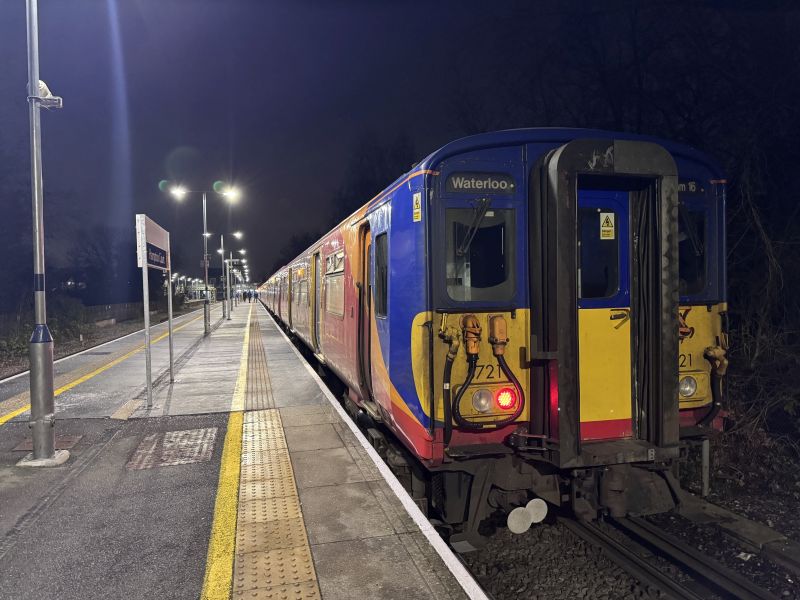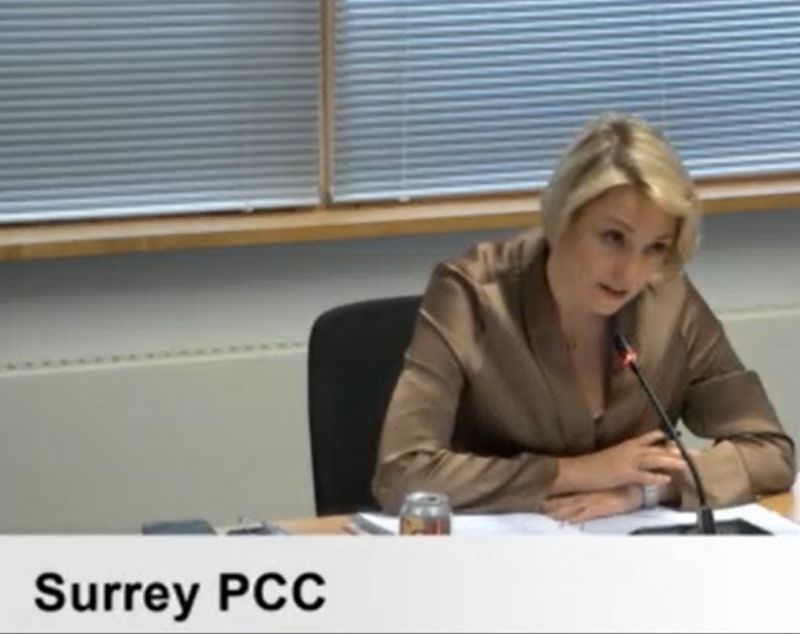Local government reform or just more layers?
EDITORIAL
When Whitehall speaks of “streamlining” local government, most people imagine fewer tiers of decision-making, simpler accountability, and a shorter distance between citizen and power. Yet, as the picture for Surrey emerges, the so-called “reorganisation” seems to be producing the opposite effect.
Instead of the two existing levels – borough and county – the new design threatens to spawn three or even four. We are told that the twelve boroughs and districts, together with Surrey County Council, will be swept away and replaced by one or more “unitary” councils. But at the same time, ministers promise a directly elected county-wide Mayor and a new Strategic Authority above the unitaries. Meanwhile, below them, parish and neighbourhood councils are to be invented to replace the voice that boroughs once provided. It all begins to look suspiciously like multiplication rather than simplification.
The slogans speak of bringing local government closer to the people. Yet residents may soon find themselves further away from anyone who can actually make a decision. The proposed Mayoral Authority will sit at a distance, occupied with big-ticket issues such as transport, growth and infrastructure. The new unitaries will cover territories so large that many of Surrey’s smaller communities will struggle to be noticed. Below them, the new parish or “community” councils will have limited powers, modest budgets, and uncertain influence.
Epsom and Ewell’s own decision to consult on forming parish councils is both understandable and ironic. For ninety years the borough has prided itself on a direct, residents-led form of local democracy. Now, in the name of devolution, that independence is being dismantled. The new parish layer would exist solely to replace what is being abolished. It may well be the right precaution, but it is a strange kind of progress.
Surrey County Council’s pilot “Neighbourhood Area Committees” add a further tier of consultation. These panels may be useful experiments in local engagement, but they are not elected and carry no statutory power. However well-intentioned, they underline the growing sense that accountability is being replaced by advisory talk-shops.
If the reform was meant to cut complexity, it has already failed that test. Residents will have to learn a new vocabulary of “unitaries”, “mayoral authorities”, “combined areas” and “neighbourhood committees” – each with its own meetings, officers, and costs. The idea of saving money and clarifying responsibility fades the more layers are drawn on the map.
There is still time for ministers to stop and listen. Surrey is not ungovernable; it is merely suffering from the same pressures faced by councils everywhere – tight budgets and rising demand. Reorganisation may change the furniture, but it will not conjure new funds or restore trust.
Before dismantling the one part of local democracy that still feels local, government should ask a simple question: is this truly reform, or is it bureaucracy reborn?




















